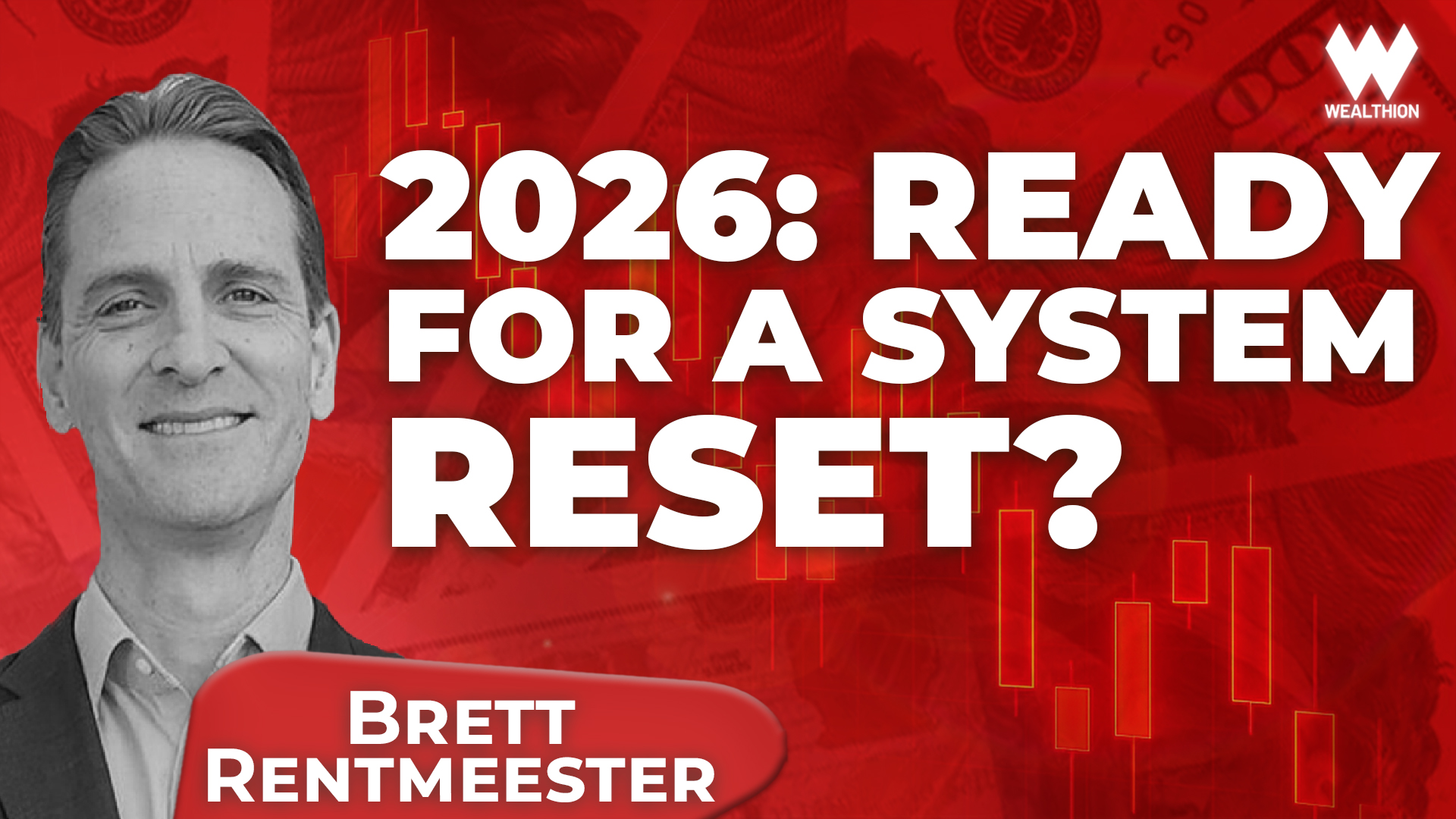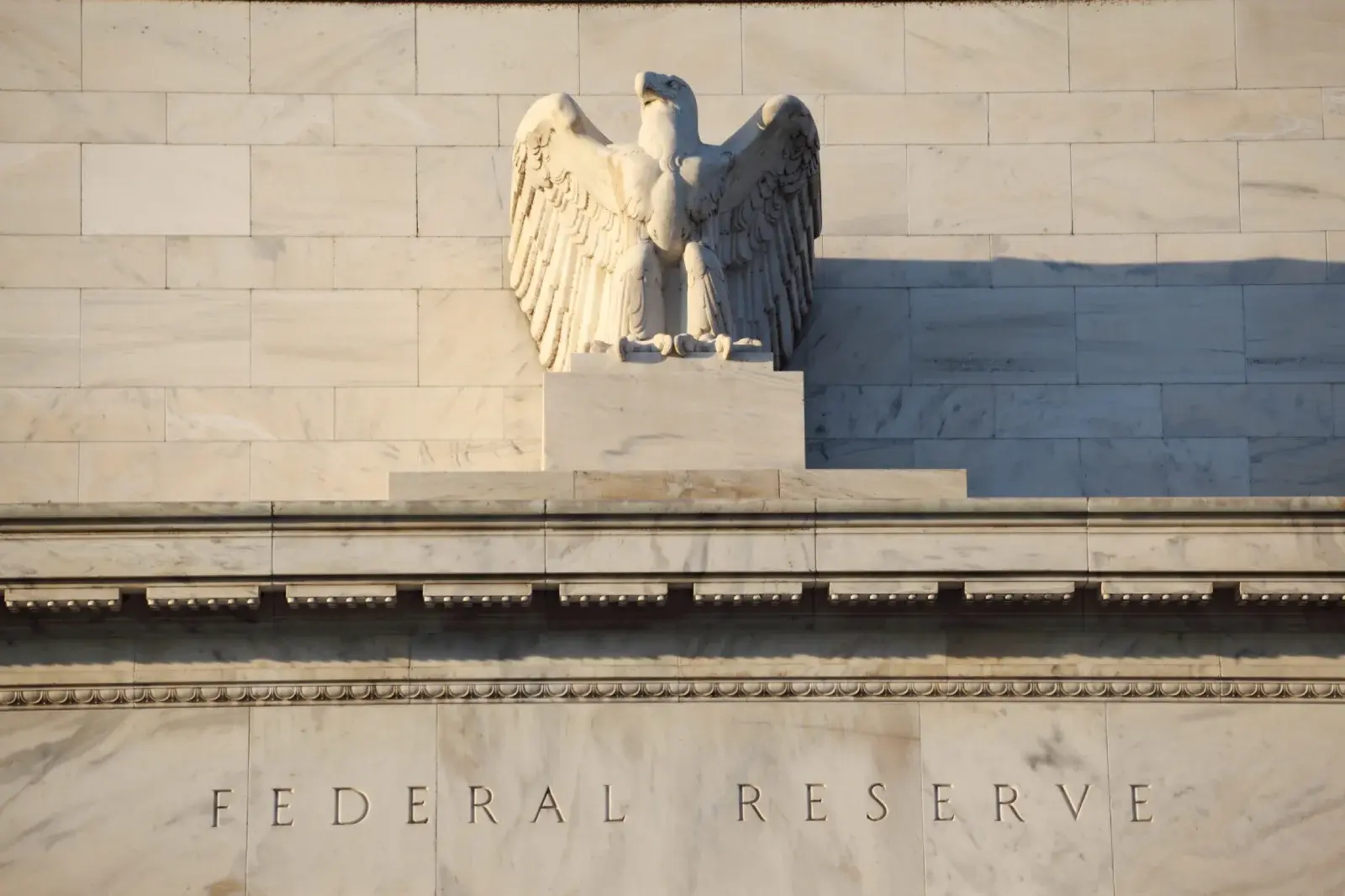After the yen hit 159.45 on Wednesday (weakest since July ’24), Japanese authorities escalated their...
Join Our Newsletter List
Never miss the latest strategies for protecting and growing your wealth.
Join our mailing list.
Actionable Insights From The Top Money Experts
We bring you the insights of the world’s top money experts and then connect you with like-minded, independent, trustworthy professional financials.
China on Wednesday reported a record ’25 trade surplus of $1.2T, with U.S. trade frictions more than...
Tensions between the Trump administration and the Fed reached yet another unprecedented height on Tu...
In a dramatic escalation of President Trump’s Fed feud, Chair Powell said the Fed has been served gr...
In its Copper in the Age of AI report, S&P Global predicted growth in AI, defense and robotics s...
At its 2026 Work Conference (Jan. 5-6) the PBOC reemphasized pursuit of moderately loose monetary po...





.jpg)
.jpg)
.jpg)

-1.jpeg)
-4.jpg)